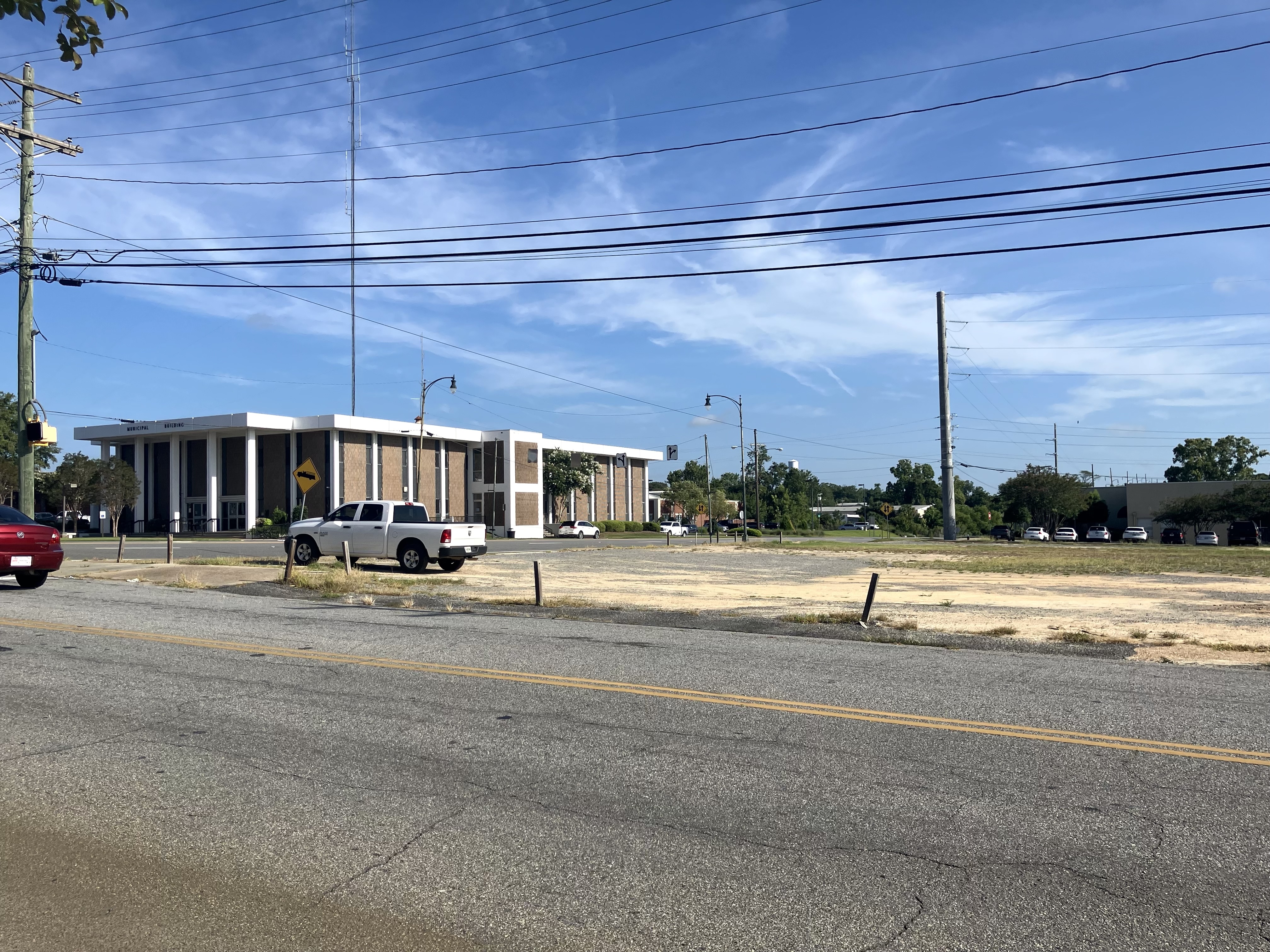Local legislators’ CUVA legislation is wrapped Wednesday afternoon
Published 4:37 pm Thursday, April 3, 2025
ATLANTA — After what seemed like a long road that started last year, House Bill 129 has passed both General Assembly houses and will go to Governor Brian Kemp’s desk.
Its passage through the General Assembly wraps up the Conservation Use Valuation Assessment (CUVA) legislation that state Rep. Chas Cannon and state Sen. Sam Watson — both of Moultrie — sponsored this session.
“It was one of our Farmland Preservation Study Committee recommendations,” Watson told the Georgia Senate on Wednesday.
Trending
Cannon authored the bill and Watson sponsored it in the Senate. It amends the Georgia code “to remove a limitation on leased property as to certain entities.”
The statute, as it stands now, does not let non-family farm members join up to lease farmland, Cannon said in a January interview. He also said that these days, because of legal issues or insurance, farmers like to form LLCs for liability protection.
Two brothers can farm together, said Cannon, and keep their land in the conservation covenant, but two non-related farmers cannot. They should be able to, he said.
Watson also said in a January interview that many farms, today, are LLCs or partnerships between individuals that aren’t related to each other.
“We’ve got to update some of our tax laws for how farming is done now,” he said.
Watson added that the laws were based on the “family farm,” and the farming industry has changed.
Trending
The sponsored bills, dealing with different aspects of CUVA, are updating the legislation to reflect today’s farming industry, said Watson.
CUVA allows landowners to enter a covenant for forested lands or agricultural lands that can significantly reduce their property taxes. Legislation instituted it in 1992 and the covenant is for a period of ten years. The landowner’s property taxes are based on the land’s productivity instead of its fair market value.
Legislation added to House Bill 129, before it went to the Senate floor, reinstates the post-film production tax credit. The previous tax credit had a sunset of three years, which has expired. This bill reinstates it and extends the sunset to five years.
“When the sunset ended a couple of years ago, one of the larger post-production companies went from around 75 employees immediately down to 40 something, maybe 46. And one of our largest post-production companies in the state has already said that, once their lease ends, they are leaving unless this credit is reinstated with the sunset. So, literally … an entire industry is at your hands,” Senate Rules Committee Chairman Matt Brass told committee members.
Additionally, House Bill 90 and its companion House Resolution 32, both sponsored by Watson, asks Georgia residents to vote on an amendment. This amendment to the Georgia Constitution will be on the November, 2026, state-wide general election ballot.
The amendment will increase the maximum acreage to qualify for assessment and taxation as a bona fide conservation use property. As well as, a bona fide residential transitional property. The increase is from 2,000 to 4,000 acres. If the amendment is ratified by voters, it becomes effective January 1, 2027.
Keep up with bills and find other legislation on the General Assembly’s website at https://www.legis.ga.gov/.





